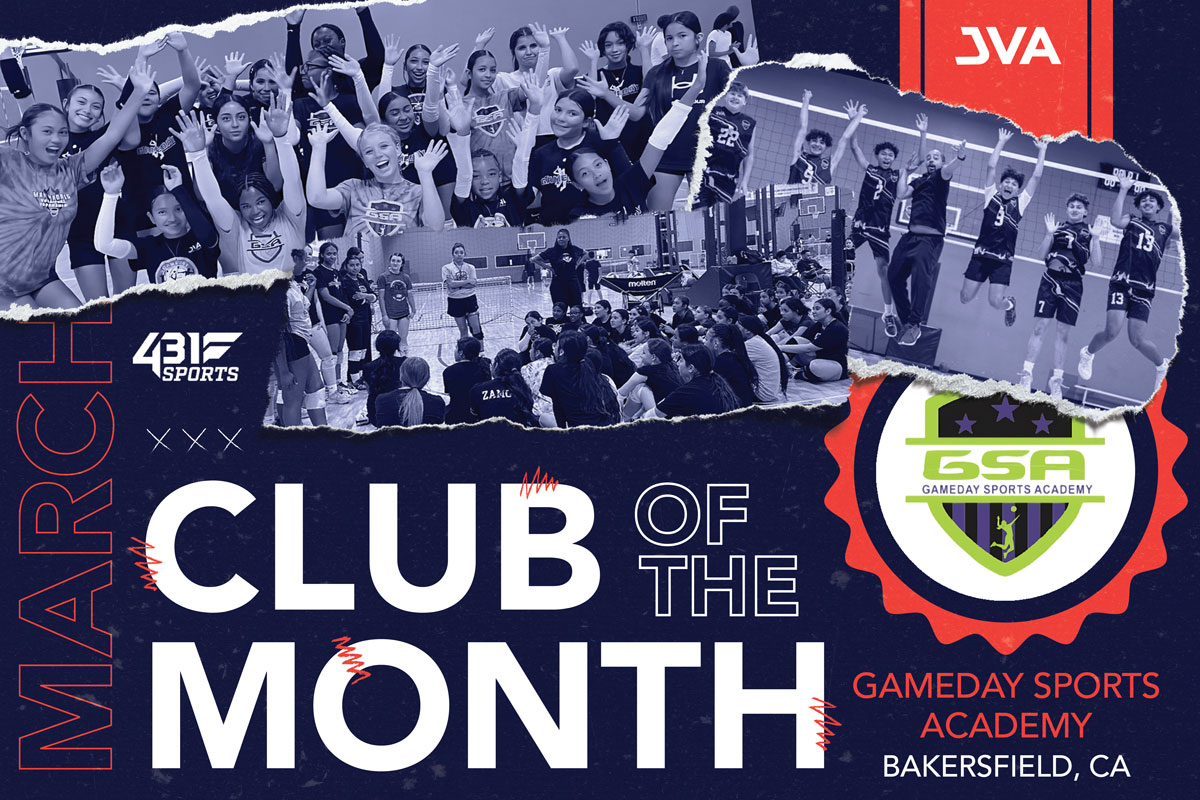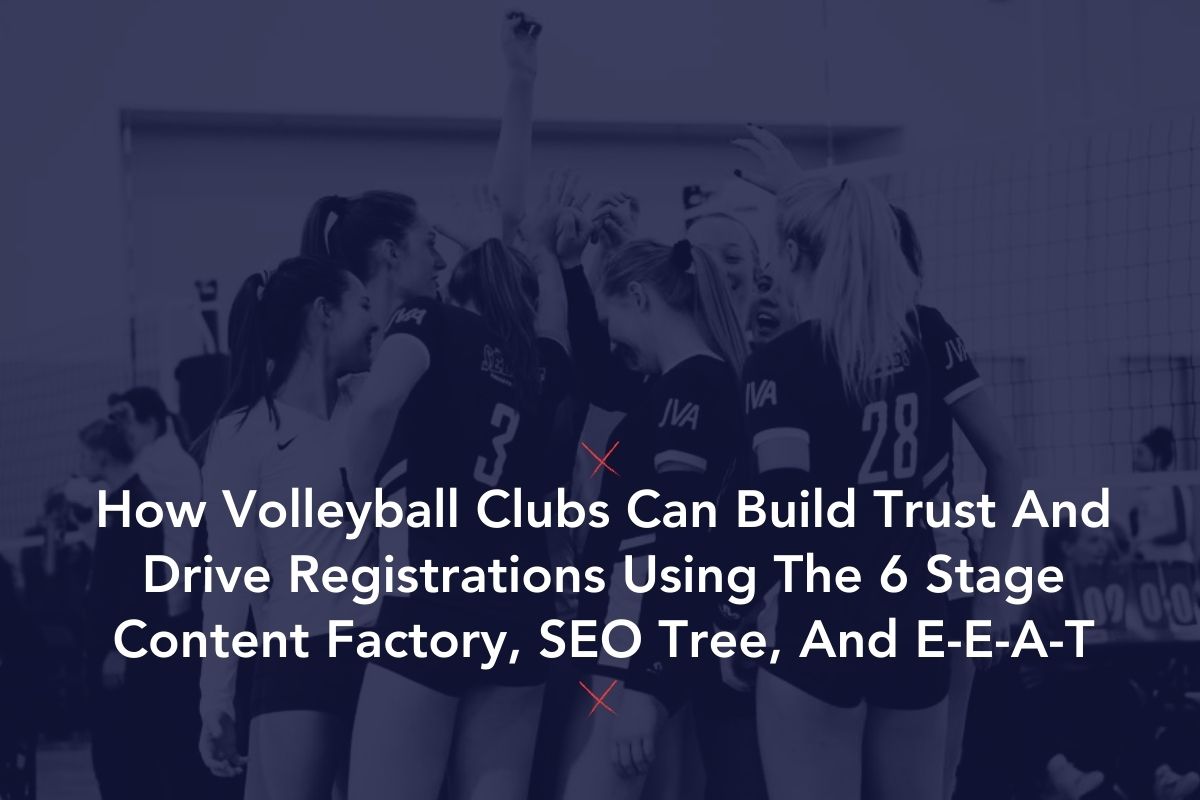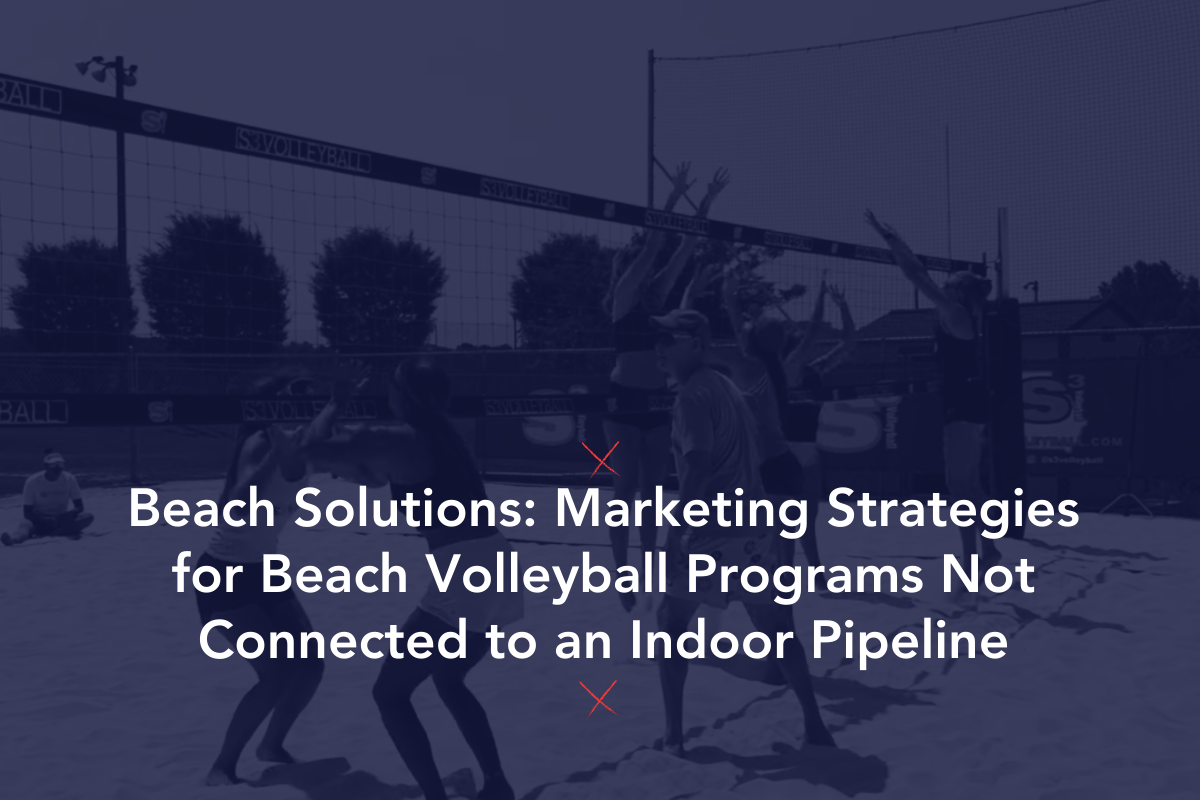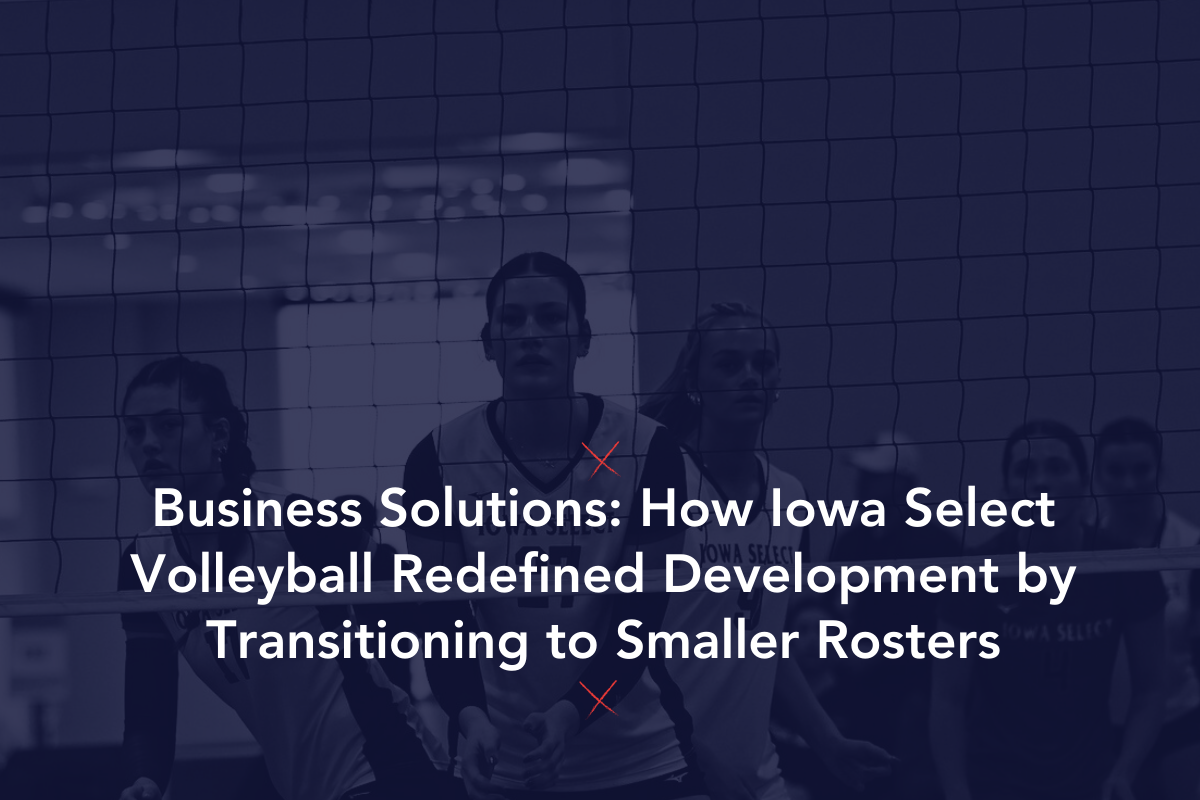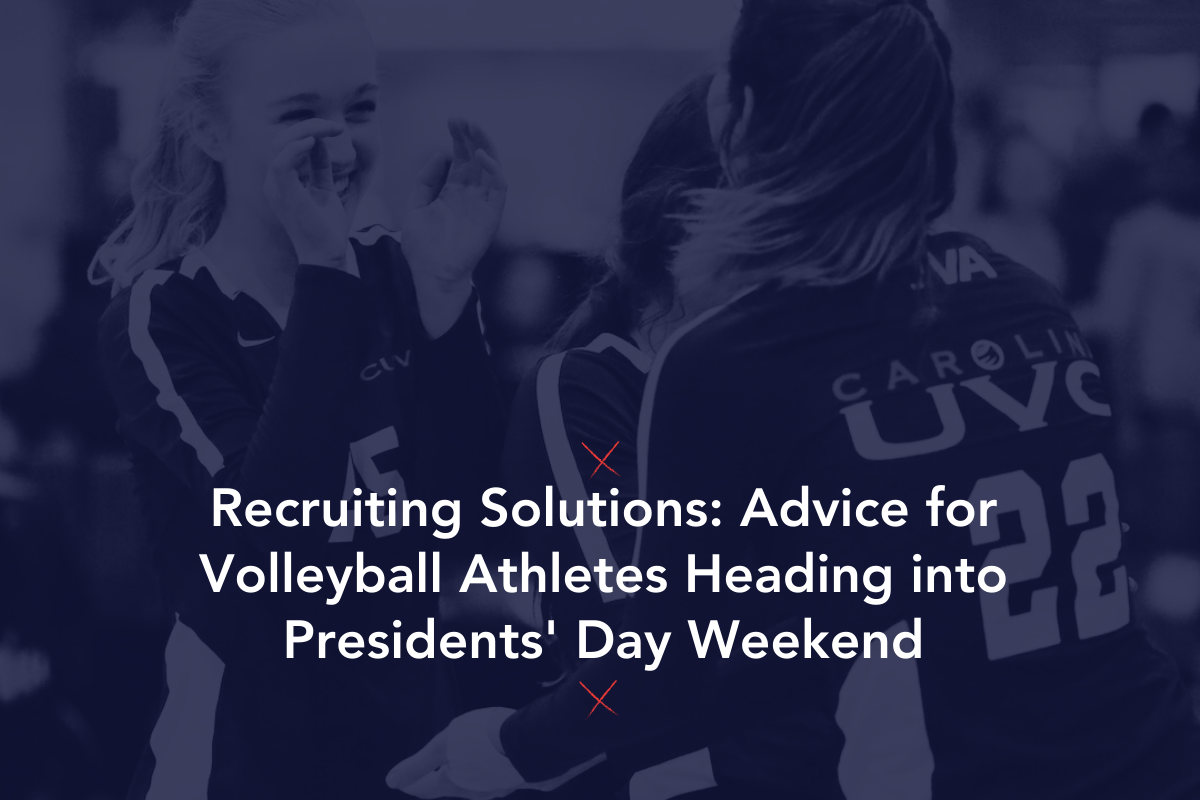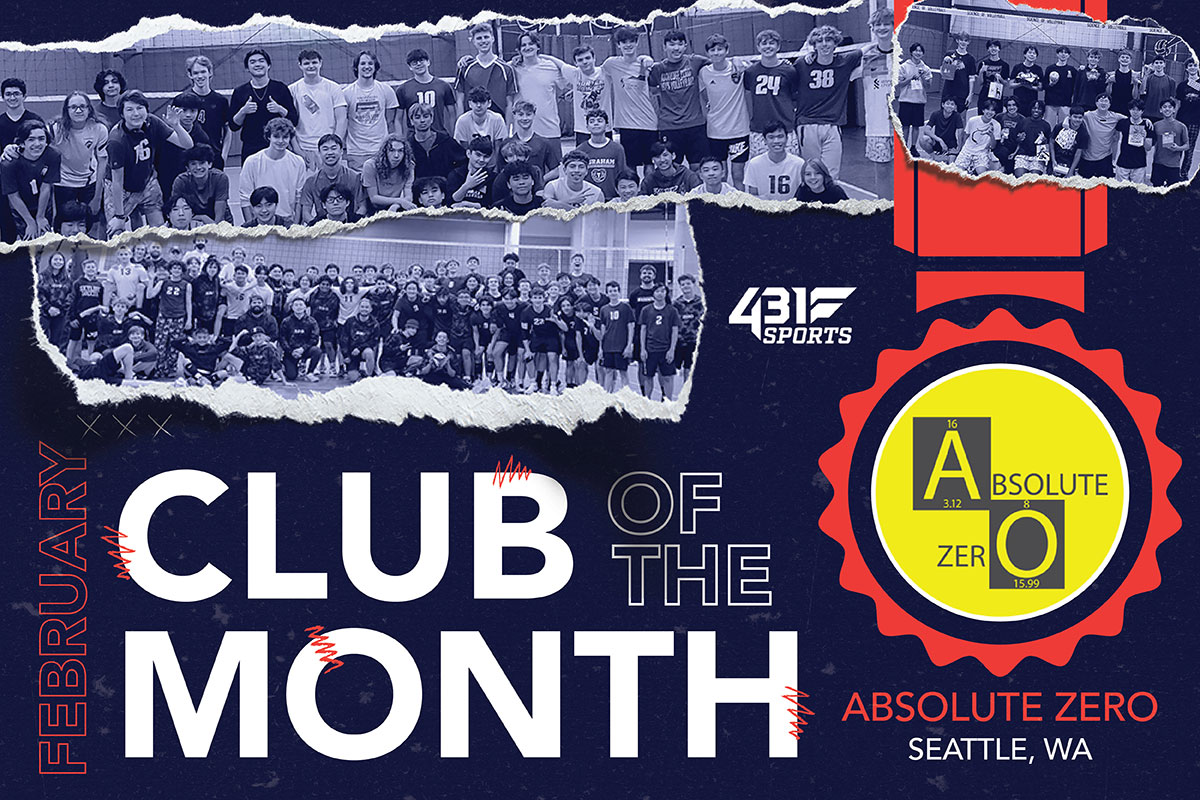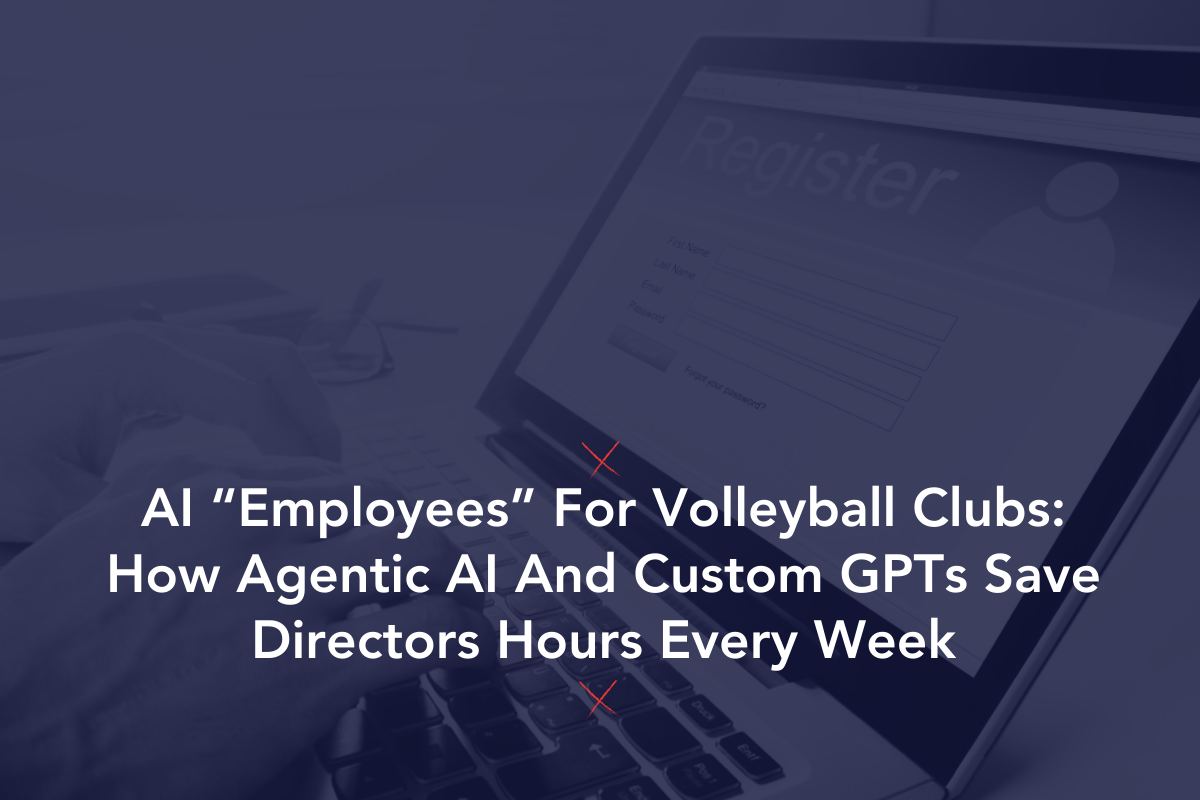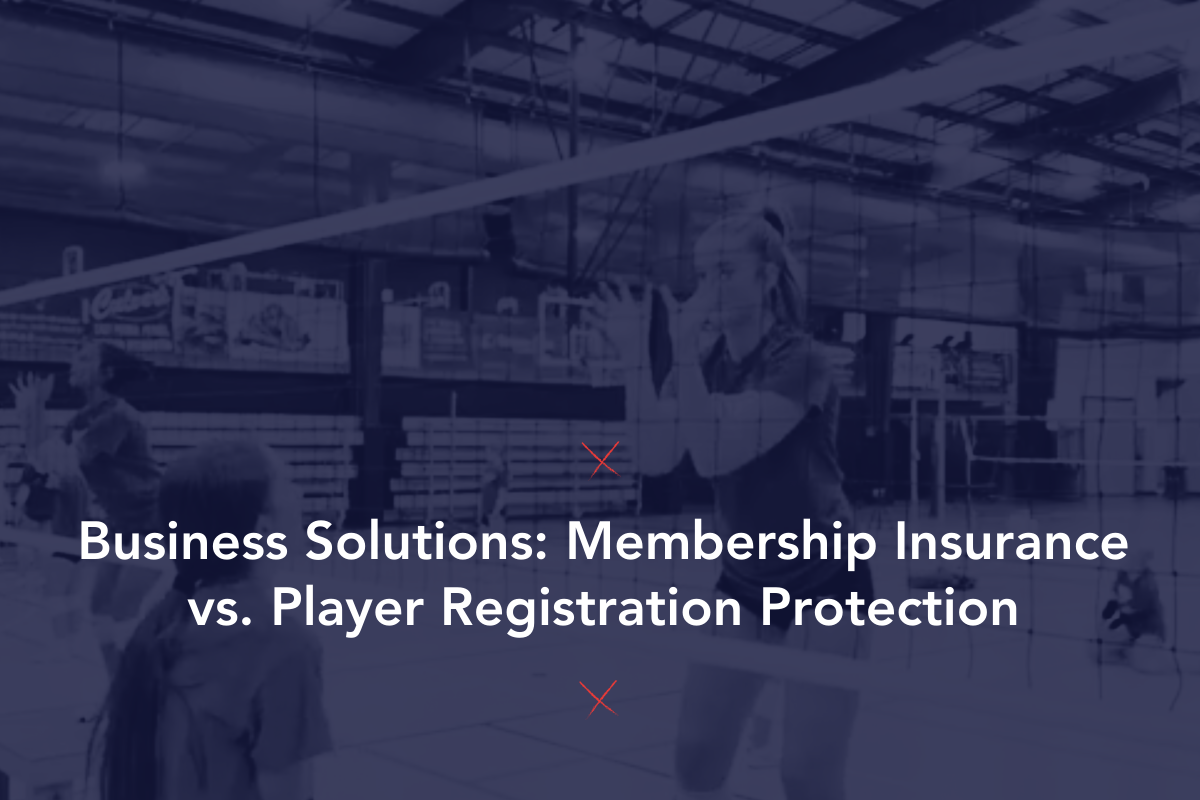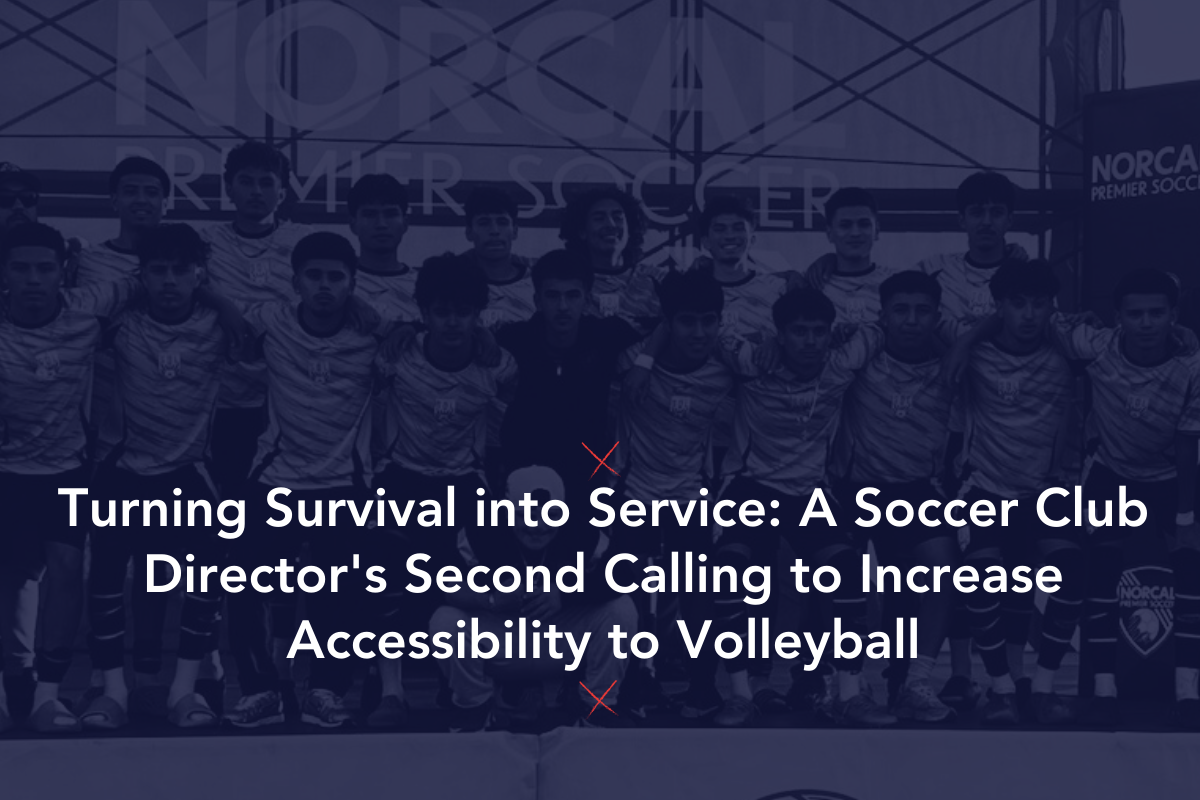In the US, nearly one in three adolescents suffer from an anxiety disorder, and according to the NCAA, 85% of athletes suffer from anxiety or panic attacks. Coaches often spend a significant amount of quality time with student-athletes and can notice behaviors that may be overlooked by others. This puts coaches in a unique position to help student athletes receive timely and effective treatment.
Understanding the Difference Between a Panic Attack and Anxiety
Athletes of all ages and performance levels can experience elevated levels of anxiety and stress ranging from extreme physical, social, and mental pressures, which is a unique aspect of participating sports. However, these pressures and demands can increase an athlete’s susceptibility to mental health challenges such as panic attacks and anxiety.
You may have heard the terms anxiety and panic attacks used interchangeably. Although they share some common symptoms, they have distinctive features:
- Panic attacks are characterized by a sudden or an abrupt episode of intense fear in situations where there is no real danger and can last from several minutes to hours and are usually accompanied by a sense of detachment from self or the world and the fear of dying or losing control.
- Conversely, anxiety is triggered by emotional and protective responses genetically hardwired into our body and gradually builds, lasting for several months to years. Further, anxiety differs from panic attack in that it includes other symptoms such as worry and apprehension without the sense of detachment. Also, anxiety is used to describe a core feature of several illnesses under the umbrella of anxiety disorders. Anxiety disorders often consist of cognitive, physical, and behavioral features. For example, worrisome thoughts (being pulled from the game or lack of playing time), increased heart rate, shortness of breath, and avoidance. These symptoms can impact confidence and performance, in addition to other areas such as school and/or relationships.

Here are Common Signs and Symptoms to Look For:
- Behavioral: Disruption of daily activities, social withdrawal, agitation/fighting, difficulty with authority, decrease in academic and athletic performance, and increase in substance use.
- Cognitive: Difficulty concentrating, poor memory, impaired decision-making, obsessive thoughts, intrusive or negative self-talk and self-directed violent thoughts.
- Physical/Medical: Rapid heartbeat, difficulty sleeping, fatigue/low energy, headaches, shaking, trembling, muscle tension, trouble breathing, and nausea.
Here are 6 Ways to Help Student Athletes with Anxiety and Panic Attacks
- Refer the athlete to a mental health professional for a further assessment.
- Create a psychological safe environment for athletes to make mistakes and validate their emotional experience and stress of being a student-athlete.
- Check-in: Have a 1:1 session and ask about their individual experiences, explain why they are being pulled from the game, or ways to increase playing time. This builds trust and a healthy relationship.
- Be approachable: Create a psychologically safe relationship with all the athletes.
- Be Culturally Sensitive: Understand the uniqueness of athletes from diverse backgrounds. Don’t use a cookie cutter approach with all athletes.
- Include a Sport Performance Consultant into the training environment: A Performance Consultant examines the psychological factors that influence behavior or factors that affect performance and provide the individual, coaches, or organization with the necessary internal and external resources to help strengthen their ability to perform in and out of a sport context. A Performance Consultant uses evidence-based approaches, methods, and interventions, including group and individual sessions to help with factors that may be impacting performance for both the coach and athlete.
Here are Unhelpful Strategies:
- Shaming the student-athlete or judging them as “weak, un-coachable, or wasted talent”.
- Minimizing the problem. The problem is likely larger than the student-athlete is acknowledging.
- Comparing the student-athlete to other athletes.
- Pulling the student-athlete from the game without a teachable moment.
- Benched for mistakes: Keeping other athletes in the game after several mistakes but pulling another athlete after a few mistakes can cause the athlete to lose confidence.
Remember, as a coach, your primary role is to recognize and refer your athletes for additional assistance.
Mental Training for Athlete Development
About the Author
Dr. Angela T. Griffin was born in Berrien Springs, MI and is the youngest in a sibship of four. While playing various sports such as volleyball, basketball, and running track, she earned a full basketball scholarship to Wayne State University in Detroit, MI, and earned a BA in Psychology. In 2002 she joined the National Women’s Football League (NWFL), The Detroit Danger, which subsequently changed ownership in 2003. The Detroit Demolition is a 5x Championship team, with Dr. Griffin earning the first MVP of the Women’s Sup-Her Bowl as a wide receiver and safety in 2002.
Dr. Griffin earned her master’s degree in clinical social work from Eastern Michigan University and worked for the
State of Michigan in various roles. In 2007 she was hired by the Federal Government and currently works in specialty mental health as the lead clinician in the west valley. She completed her doctorate from Grand Canyon University in psychology, specializing in performance. Dr. Griffin has a Ph.D. in performance psychology and is a Licensed Clinical Social Worker with over 20 years of experience treating Veterans dealing with trauma, depression, PTSD, and anxiety. She is also the CEO and founder of 4th Quarter Performance Consulting Firm, specializing in mental skills training and mental health counseling to athletes & non athletes. Dr. Griffin has worked with Olympic athletes, professional, collegiate, high school and youth/novice
athletes with the goal of improving performance both on and off the field. As a former collegiate & professional athlete, she has specialized training in sports performance anxiety, cognitive & dialectical behavioral therapy, psychological skills, and EMDR and offers in-person or virtual individual & team sessions, as well as workshops for parents, coaches, and sports organizations.For additional questions, please contact Dr. Angela Griffin, 623-328-8214 or submit a request.



